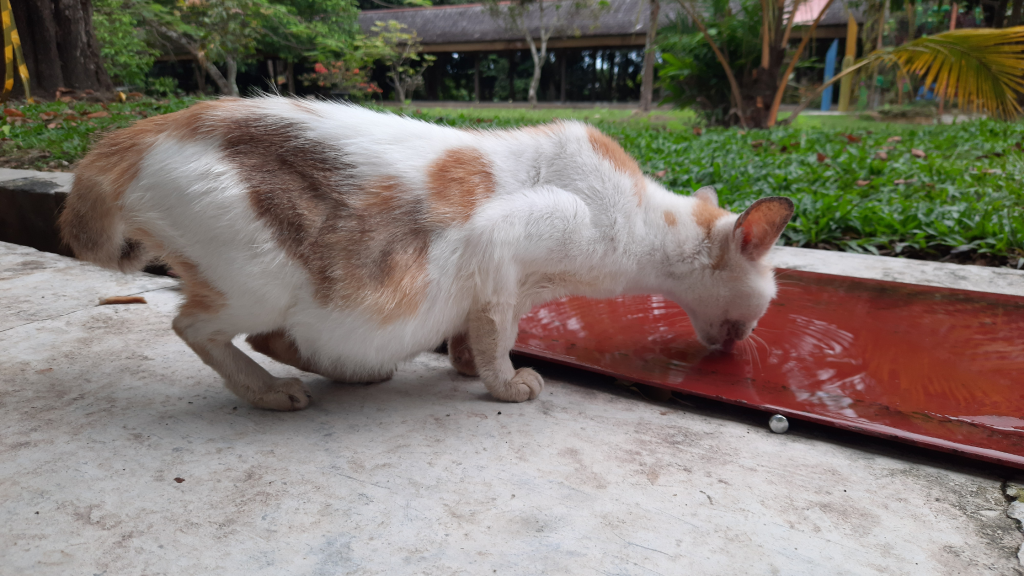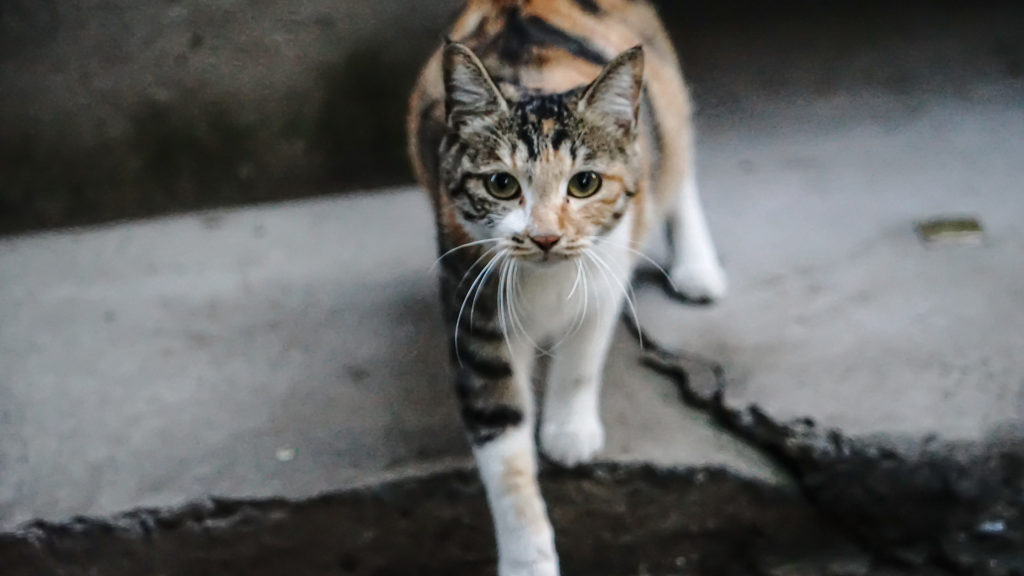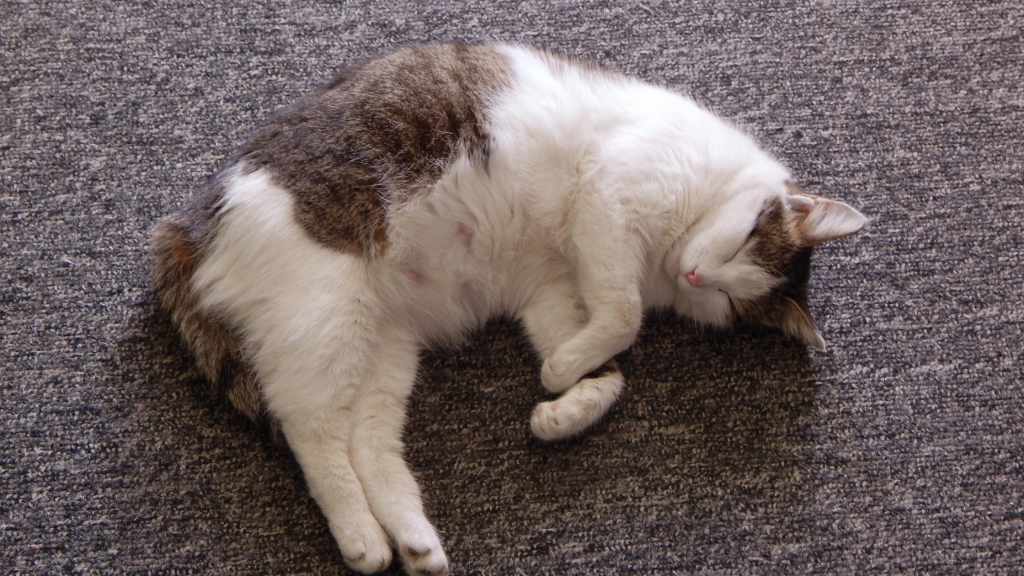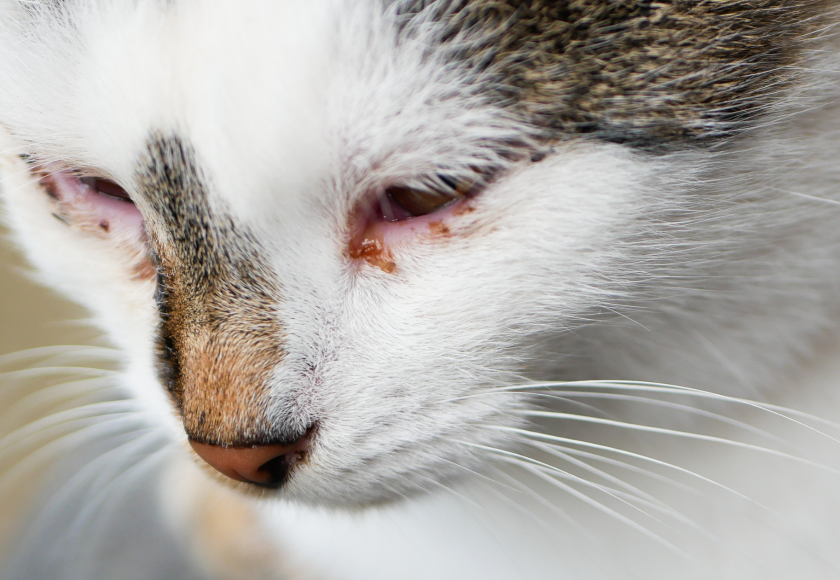Pregnancy in cats is a special and responsible period during which the cat prepares to give birth to her offspring. This process requires not only the cat’s body to be ready, but also the owner’s attention and care.
During pregnancy, cats undergo many changes that can affect their behavior, health, and overall well-being.
It is important to know how to recognize the signs of pregnancy in cats, how long a cat’s pregnancy lasts, and how to properly prepare for birth. Proper care helps ensure that the cat and her kittens remain healthy and safe.
Cat pregnancy requires an understanding of the process, as well as preparation for possible complications. During pregnancy and birth, or when unexpected difficulties arise, owners often do not know how to respond.
Therefore, it is very important to know how to recognize the onset of labor and when to contact a veterinarian if complications arise, and to have a reliable veterinary clinic with experienced specialists who are ready to provide assistance at all stages of pregnancy.
Table of contents
Stages of pregnancy in cats
A cat’s pregnancy goes through several stages:
- Early stage (0–3 weeks) During the first week, hormones that support pregnancy begin to be produced in the cat’s body. The cat may become calmer, less active, and sometimes her appetite may change.
- Middle stage (weeks 4–6) During this period, the abdomen enlarges, the nipples become larger and reddened, and sometimes secrete fluid. The cat’s behavior may change—she becomes attached to her owner and starts looking for a quiet place.
- Final stage (7–9 weeks) As the birth approaches, the cat may become restless and start to prepare her nest more intensively. Her belly becomes even more visible, and you can feel the kittens moving when she moves.

How long does a cat’s pregnancy last?
A cat’s pregnancy lasts an average of 63–65 days, but can vary from 58 to 70 days. The length of pregnancy can depend on many factors, such as the cat’s age, breed, and overall health.
If the pregnancy lasts longer than 70 days or there is a suspicion that the kittens are being carried longer than they should be, it is necessary to consult a veterinarian as soon as possible. Prolonged pregnancy can cause complications that require professional help.
Cat pregnancy and birth: how to know when it’s time?
Before giving birth, a cat’s temperature usually drops to 37–38 °C, whereas the normal temperature is around 38.5–39 °C. The cat may become extremely restless, meow louder, or seek shelter. Nesting becomes more intense, and the cat may refuse food.
The birth process usually consists of three stages:
- Preparatory stage: uterine contractions and preparation for birth. Lasts from several hours to a day.
- Birth of kittens: kittens are born at intervals of 10–60 minutes. If the intervals are longer than 2 hours, veterinary assistance is required.
- Placenta expulsion: the cat usually eats the placenta, but it is important to check that all of the placenta has been expelled.

Complications during childbirth: when to seek help?
Although most cats give birth without any problems, certain situations can pose a risk to both the mother and her kittens. Here are some possible complications during birth:
- Dystocia (difficult labor): The kitten may be too large or improperly positioned, making it impossible to deliver naturally.
- Prolonged or ineffective contractions: If the cat is straining but labor has not progressed for more than 2 hours, consult a veterinarian.
- Bleeding: Heavy or continuous bleeding after birth may indicate complications such as uterine damage.
- Retained placenta: If the placenta remains in the uterus, it can cause infections and other dangerous conditions.
If you notice these or other worrying symptoms, it is very important to contact a veterinary clinic as soon as possible. Only professional help can help preserve the health of your cat and her future litter.
Do not delay and contact the Begemotas veterinary clinic, where experienced specialists will ensure that everything goes smoothly.
When is a caesarean section necessary?
A caesarean section is necessary when natural birth becomes too dangerous for the cat or kittens. It is often performed in the following cases:
- The kittens are too large and cannot be delivered naturally.
- The kittens remaining in the uterus have not moved into the correct position.
- The birth is taking too long and poses a risk to the cat.
- There is significant bleeding or a risk of uterine rupture.
Caesarean sections are safe when performed by experienced veterinarians, so it is important to know where to go if such an intervention is necessary.

Where to seek help if you have questions or complications with your cat’s pregnancy?
Pregnancy in cats is a unique process that requires attention and proper care. Knowing how long a cat’s pregnancy lasts and what changes occur during this period allows you to notice potential problems in time and prevent complications.
If you have any questions or need professional help, you can always contact the Begemotas veterinary clinic in Vilnius, where you and your cat will receive the highest quality care.
When it comes to cat pregnancy and birth, it is important to have a reliable veterinary clinic with experienced specialists. The Begemotas veterinary clinic in Vilnius is renowned for its professional team, which is ready to help with all pregnancy and birth issues.
The veterinary clinic provides the following services:
- Pregnancy diagnosis and assessment of the cat’s condition.
- Assistance during birth and monitoring of the kittens’ health.
- Caesarean section if natural birth becomes impossible or dangerous.
- Postoperative care and consultations.
The specialists at Begemotas Veterinary Clinic are ready to help every day to ensure the health of your cat and her offspring. Let your cat’s pregnancy and birth be a safe and smooth process!





